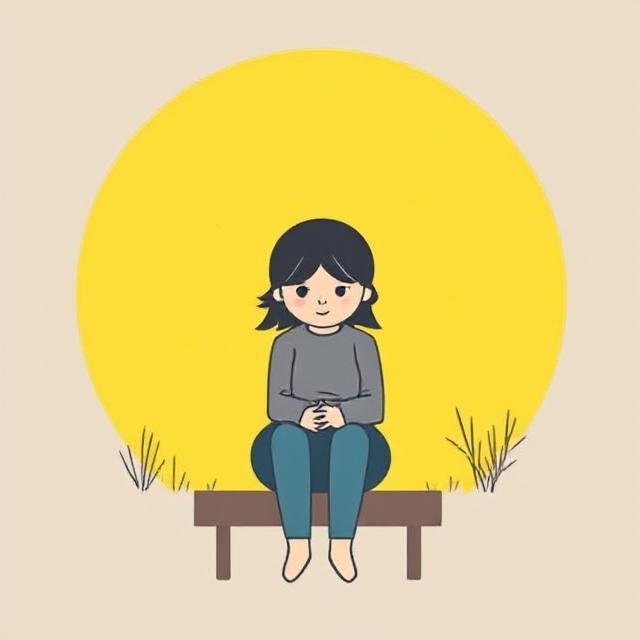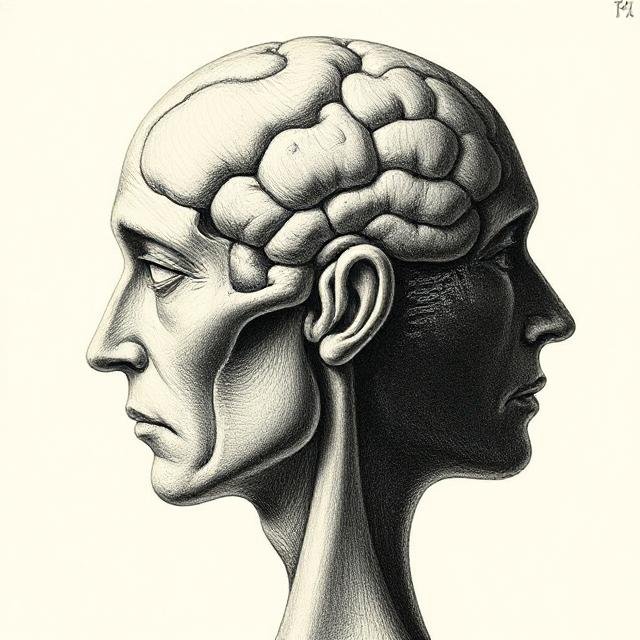Introduction
Feeling lonely occasionally is a normal part of life. But when loneliness becomes persistent, it can harm emotional well-being and even shorten lifespan. Researchers have called loneliness an “epidemic” affecting people of all ages (Holt-Lunstad, 2015).
What Is Loneliness?
Loneliness is the distressing experience of perceiving a gap between desired and actual social connections.
Unlike solitude, which can be restorative, loneliness is subjective and often accompanied by feelings of:
- Sadness
- Emptiness
- Rejection
- Worthlessness
Types of Loneliness
Experts describe different forms of loneliness, including:
- Emotional Loneliness: Lack of close emotional attachment (e.g., a partner or best friend)
- Social Loneliness: Lack of a broader social network or sense of belonging
- Situational Loneliness: Triggered by specific life changes, such as relocation, bereavement, or retirement
- Chronic Loneliness: Persistent loneliness lasting years
Causes of Loneliness
No single cause explains loneliness. Common contributing factors include:
- Life transitions: Divorce, moving, job changes
- Loss: Death of loved ones
- Health issues: Disability, chronic illness, mental health disorders
- Social factors:
- Lack of community ties
- Cultural stigma
- Digital isolation (e.g., excessive social media replacing face-to-face interaction)
- Personality traits:
- Low self-esteem
- Social anxiety
- Introversion
Emerging evidence suggests that technology and societal changes have contributed to rising loneliness rates (Cigna, 2020).
Health Consequences of Loneliness
Chronic loneliness can be as harmful as smoking or obesity.
Mental Health Effects
- Depression and anxiety: Prolonged loneliness increases risk for mood disorders.
- Cognitive decline: Older adults experiencing loneliness have higher dementia risk.
- Substance misuse: Lonely individuals may self-medicate with alcohol or drugs.
- Suicidal thoughts: Loneliness is a strong predictor of suicidal ideation.
Physical Health Effects
- Cardiovascular disease: Loneliness increases blood pressure and inflammation.
- Weakened immunity: Chronic stress from loneliness impairs immune function.
- Poor sleep quality: Loneliness disrupts restorative sleep cycles.
- Increased mortality risk: A landmark meta-analysis found loneliness raises early death risk by 26% (Holt-Lunstad et al., 2015).
How to Cope with Loneliness
Evidence-based strategies to reduce loneliness include:
- Strengthening social connections: Reaching out to friends, family, and community groups
- Therapy: Cognitive-behavioral therapy can help reframe unhelpful thoughts
- Volunteering: Giving time boosts purpose and social bonds
- Joining clubs or activities: Shared interests foster belonging
- Limiting passive social media use: Replace scrolling with genuine interactions
- Practicing self-compassion: Reducing self-criticism can lessen feelings of unworthiness













